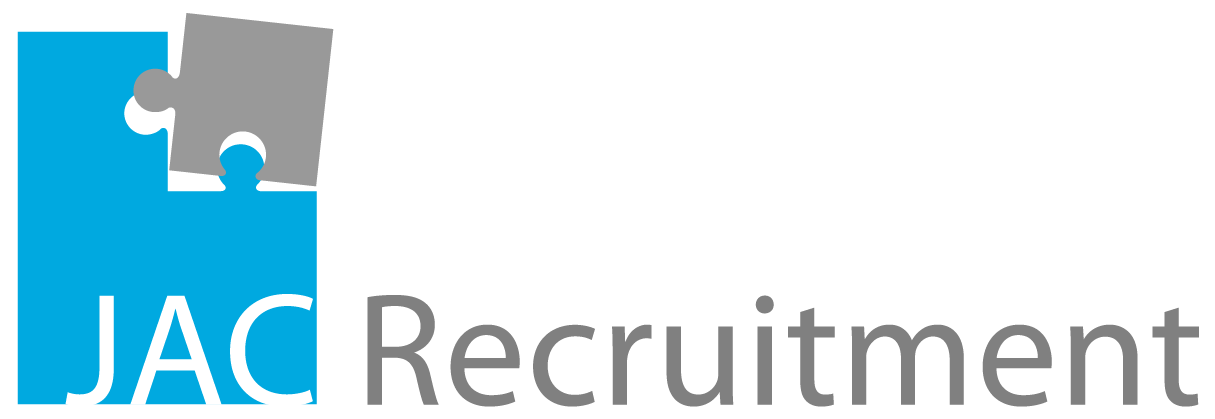Interviewing Across Cultures
You’re Not Just Crossing Borders
Interviewing across countries, regions, and even companies can feel like stepping into the unknown. What is considered confident in one place might come across as arrogant in another. Some interviewers expect small talk. Others get straight to business. Even something as simple as a greeting can feel uncertain.
If you have ever found yourself wondering:
Was that too direct?
Should I have used a title?
Why did that silence feel so awkward?
You are not alone. And no – you did not mess it up. You are just learning how different workplaces and people communicate.
The Good News: Some Things Work Everywhere
No matter where you are interviewing from or with, there are a few things that always leave a good impression:
These basics are universal. They show respect, curiosity, and emotional intelligence, things that every interviewer values. |  |
Cultural Cues You Might Not Know You’re Missing
It is the subtle stuff that can throw candidates off:
Pace and tone | Formality | Decision-making style |
Some interviewers speak slowly and pause often, that does not mean they are unsure. Others move quickly and interrupt, that doesn't mean they are rude. | Using “Mr.” or “Ms.” might be expected in some regions, while others go straight to first names. | In some cultures, interviews are informal conversations. In others, they are tightly structured evaluations. |
If you are unsure what the norm is, pay attention to the interviewer’s style and mirror it where appropriate. If you feel off-balance, it is okay to slow down and ask for clarification.
“When in doubt, go one step more formal than you think you need to. You can always dial it back. It’s easier to come across as respectful than too casual too early.”
The Added Layer of Virtual Interviews
Virtual interviews can make cross-cultural communication even harder. You lose physical presence, body language, and small social cues that help bridge the gap in real life.
Here’s how to adjust:
Be extra clear. Don’t assume the other person is following subtle cues.
Speak at a steady pace (especially if English is not your or their first language)
Use names when addressing panel members or groups
Make time zone double-checking a habit. It is a sign of respect.
Maintain eye contact and look at the camera.
Culture is Company Specific Too
It is easy to assume culture = nationality, but most of the time, interview “vibes” come down to the company and the team.
Some startups in formal cultures might still have casual interviews. Some global firms in casual regions might expect structure and hierarchy. It is less about country and more about context.
If you are ever unsure, ask your recruiter or HR contact:
“What is the interview style like at this company?”“Are they quite formal or more relaxed?”“Do they prefer structured answers or a more conversational flow?” |  |
You do not need to guess. You just need to prepare and ask when something is unclear.
Check out other sections of our Interview Guide: |

